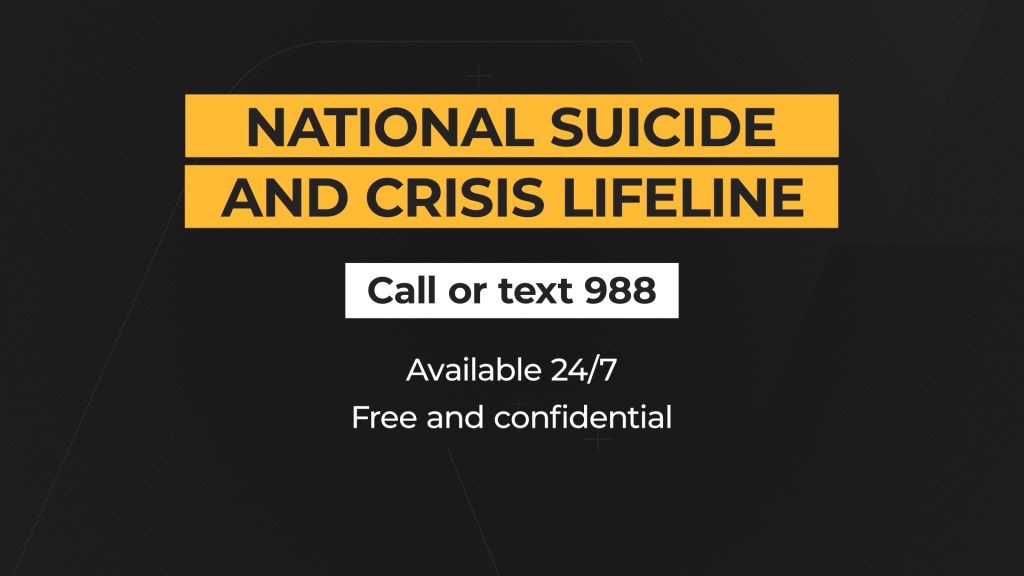Attorneys general from 14 states and Washington, D.C., filed lawsuits Tuesday, Oct. 8, against TikTok, accusing the social media platform of harming young users’ mental health and violating consumer protection laws. The lawsuits allege that TikTok’s design encourages compulsive use through addictive features, such as autoplay and push notifications, which authorities argue have negatively impacted children’s well-being.
The legal filings claim that TikTok, owned by Chinese company ByteDance, has misled the public about its safety for minors, exposing children to mental and physical risks.
The lawsuits also allege that TikTok violated federal laws, including the Children’s Online Privacy Protection Act (COPPA), by collecting personal data from users under the age of 13 without parental consent.
California Attorney General Rob Bonta, D, and New York Attorney General Letitia James, D, are leading the legal effort.
In a statement, James said, “TikTok claims their platform is safe for young people, but that is far from true.”
Bonta emphasized that TikTok knowingly designed its app to foster excessive use among children.
TikTok has not publicly commented on the lawsuits but has previously stated that it prioritizes user safety, particularly for minors.
The company is also facing separate legal challenges at the federal level, including a case regarding a potential nationwide ban due to national security concerns over its Chinese ownership.
The lawsuits are part of a broader push by state officials to hold social media companies accountable for their role in the youth mental health crisis.
The legal effort mirrors previous actions taken against Meta, the parent company of Facebook and Instagram, in which states sought to address similar issues related to the impact of social media on children’s mental health.
In addition to mental health concerns, D.C. Attorney General Brian Schwalb’s, D, lawsuit accuses TikTok of operating an unlicensed payment system that targets children, allowing them to solicit money for performing inappropriate acts.
The suit claims that TikTok’s money transmission system exploits young users by using childlike animations and games to encourage financial transactions.
The states involved in the lawsuits include California, New York, Illinois, Kentucky, Louisiana, Massachusetts, Mississippi, New Jersey, North Carolina, Oregon, South Carolina, Vermont, Washington, and Washington, D.C.
